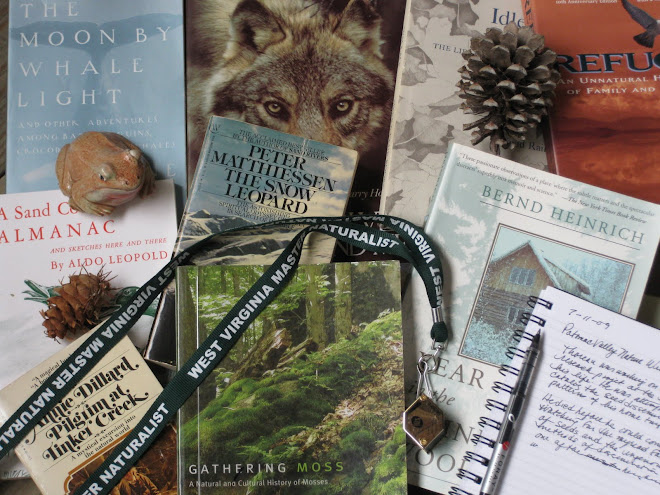Member Joy Pardue contributed a report on our discussion in October 2011. Thank you Joy!:
PVNWG members thoroughly enjoyed Jane Goodall’s autobiographical Reason for Hope , our selection for the October, 2011 meeting. After a slow start the story quickly came to life when Ms Good all began portraying the chimpanzees of Gumbo. Here her writing became engaging, her mission more intriguing, and her multifaceted interests more evident.
Dr. Good all is no ordinary scientist. Indeed, she had little formal education when she began her groundbreaking research in Africa - Louis Leaky chose her, in part, for this very reason and this unconventional approach probably paid off better than he dreamed. Goodall’s efforts have not only advanced scientific knowledge, but have provided substantial benefits directly to chimpanzees and other animals worldwide.
During her 20 years at Gombe, Jane focused her keen powers of observation onto these chimps and discovered totally unexpected characteristics and behaviors. Her shocking account that these wild beings were making and properly using tools promptly elicited harsh criticism from fellow scientists who had been more formally trained. Furthermore, without ‘proper’ training – and, thus, not knowing better - Jane ‘named’ her subjects and ascribed to them ‘personalities’ and ‘emotions’. This brought additional censure but she was neither perturbed nor deterred. Jane knew what she had witnessed and stood resolute as critics tried to discredit her. Today, the validity of her reports endure.
Throughout her story, Jane weaves her musings, feelings, mystical experiences and questions about religion which includes some of her poetry along with a generous sprinkling of scripture. “Solitude” was one of the many gifts of those years in the forest and she treasured this as an “unparalleled period when aloneness was a way of life”. An entire chapter is devoted to this phase which lead to a deeper appreciation of the beauty and magic of nature. One comment, in particular, caught our attention: “In particular I became intensely aware of the being-ness of trees.”
Jane is one of those rare scientists who retains compassion for her subjects and looks beyond the project at hand. Seeing the threats the chimps were facing as their world changed, she eventually expanded her mission from researcher to spokesperson.
Despite being far from home for extended periods, Jane remained devoted to her family. All of us were surprised to learn that her Mother came to Africa to be with Jane during those early years at Gombe mainly because it wasn’t proper for a young woman to be alone in that era. This arrangement worked well for them and the surrounding community as Vanne took on responsibilities that were helpful to the locals. Other family members appear in the story at appropriate times and Jane highlights them with love and admiration.
Who could have imagined where Jubilee – a large stuffed chimpanzee – that her father gave her when she was one year old would ultimately lead her. Encouraged by her mother and grandmother, Jane dreamed big and became ‘one of the fortunate few’ who realized those dreams. That Jane, who will soon to be an octogenarian, continues working on behalf of Planet Earth and all inhabitants is heartening and uplifting. Members in attendance agreed with Cheryl’s suggestion that we ought to consider more autobiographies in the future.
Subscribe to:
Post Comments (Atom)



No comments:
Post a Comment